Saudi officials resort to secret trials to liquidate political prisoners: Rights group
A human rights organization says Saudi authorities have resorted to secret trials as a tool to further crack down on political prisoners and possibly eliminate them.
Sanad human rights organization, which defends political and civil rights in Saudi Arabia and monitors human rights violations and exposes them to public opinion as well as international organizations, said Saudi prison officials are dogged to circumvent law through passing arbitrary rulings against dissidents, intellectuals and anti-regime activists, the Arabic-language Saudi Leaks news website reported.
The organization slammed secret trials of imprisoned academics, writers and scholars as a crime against humanity that should not be overlooked at all.
It pointed to the fact that defendants are denied the right to have an attorney, their families are unable to attend court hearings and verdicts handed down to them are based on confessions obtained under duress.
Sanad named Saudi Muslim scholar Salman al-Ouda, female human rights defender Amal al-Harbi, women's rights activist Loujain al-Hathloul and Muslim preacher Awad Al-Qarni among many imprisoned political dissidents who have been put on trial secretly.
“Secret trials are among crimes being committed by Saudi authorities against prisoners of conscience. The practice must not be met with silence as it a violation of prisoner rights, human rights and international law,” the human rights organization pointed out.
Last September, Sanad expressed serious concern about the deliberate medical negligence against political dissidents being kept in detention centers across Saudi Arabia.
The human rights organization said Saudi prison authorities deliberately deprive inmates of medical treatment as part of their policy of abusing and killing them silently.
While all governments are obliged under the international law to protect human beings against rights violations and ensure their freedom and dignity, the repressive policy of Saudi officials against jailed activists has significantly undermined such principles, Sanad noted.
Ever since Crown Prince Mohammed bin Salman became Saudi Arabia’s de facto leader in 2017, the kingdom has arrested dozens of activists, bloggers, intellectuals and others perceived as political opponents, showing almost zero tolerance for dissent even in the face of international condemnations of the crackdown.
Muslim Saudi scholars have been executed, women’s rights campaigners have been put behind bars and tortured, and freedom of expression, association and belief continue to be denied.
President Yoon Suk Yeol to be removed from office
At least 19 Gazans killed by Israeli airstrikes since dawn: Medics
Leader: Iran neither has nor needs proxy forces
US fighter aircraft shot down ‘in friendly fire’ amid aggression on Yemen
Yemeni FM: Israel’s sponsors accountable for ongoing aggression on Sana’a
Eight Palestinians killed as Israel attacks Gaza school, hospitals
VIDEO | Rome, Milan host new protests in solidarity with Palestinians
Dec. 21: ‘Axis of Resistance’ operations against Israeli occupation


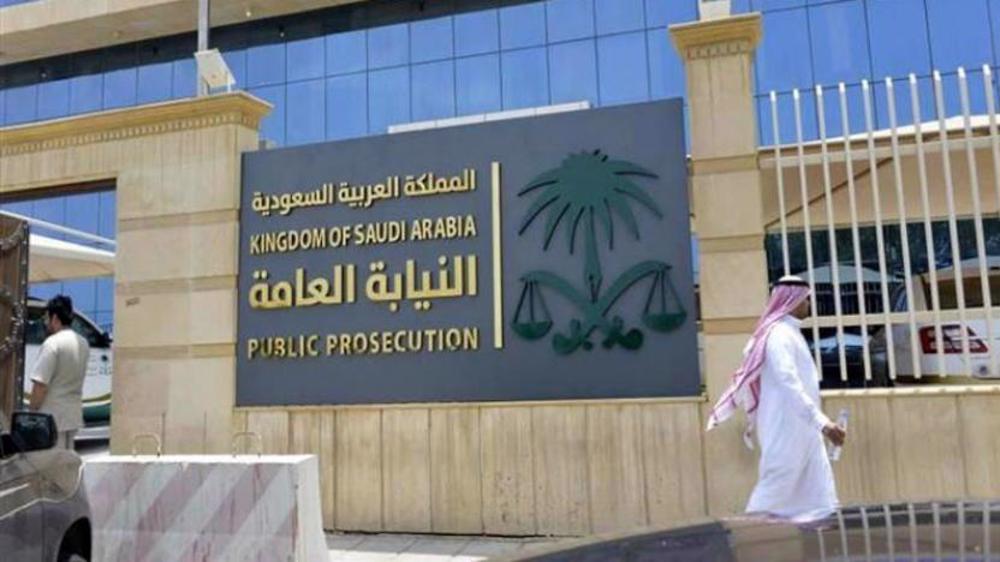
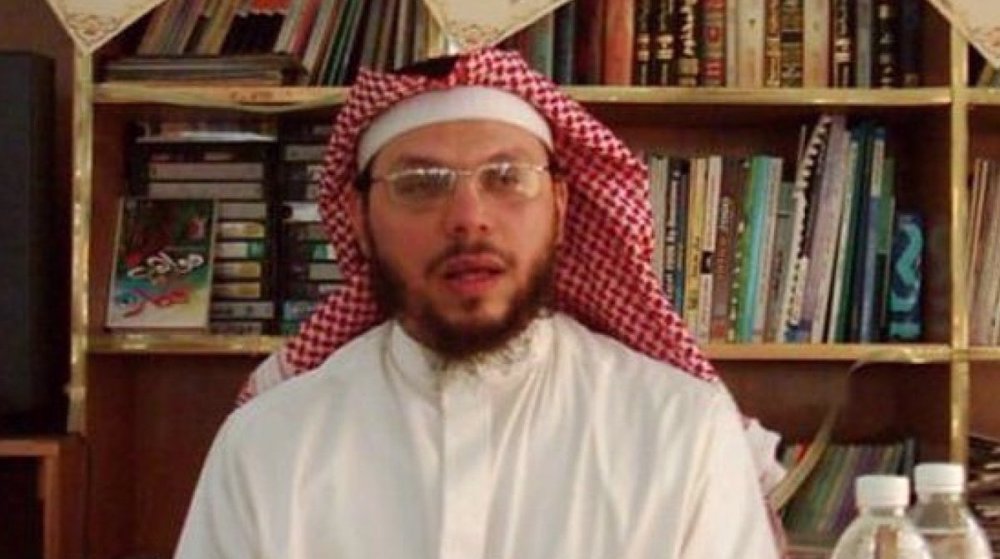
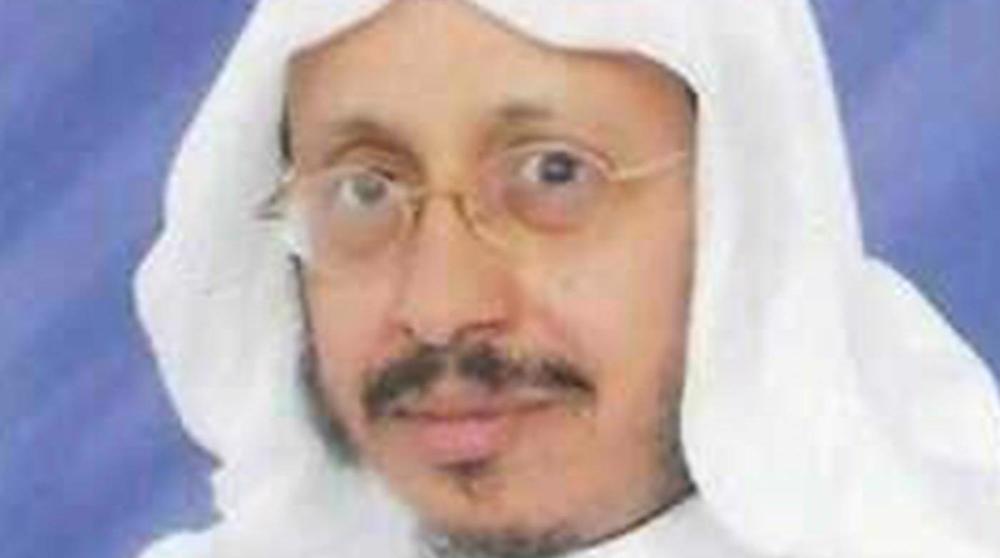







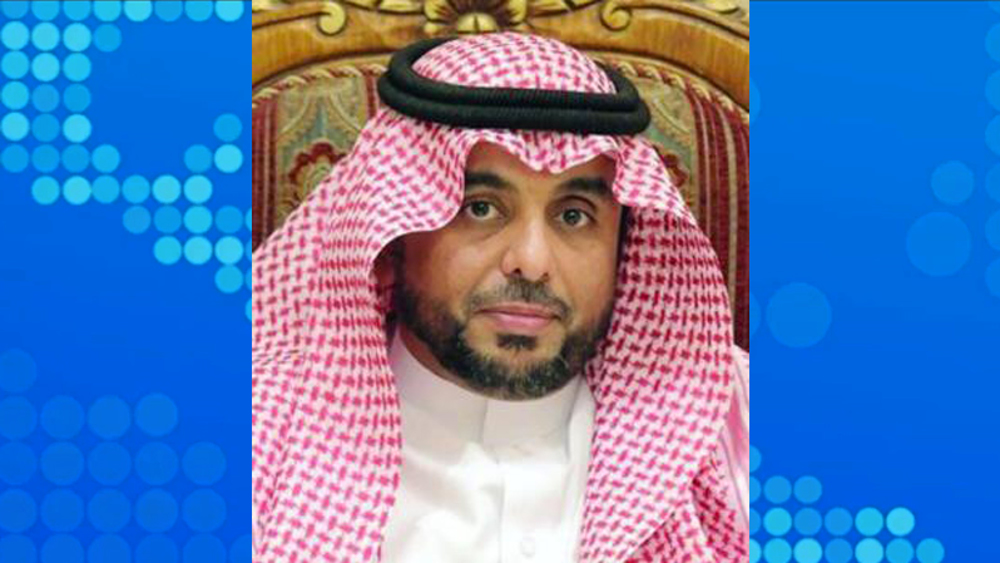
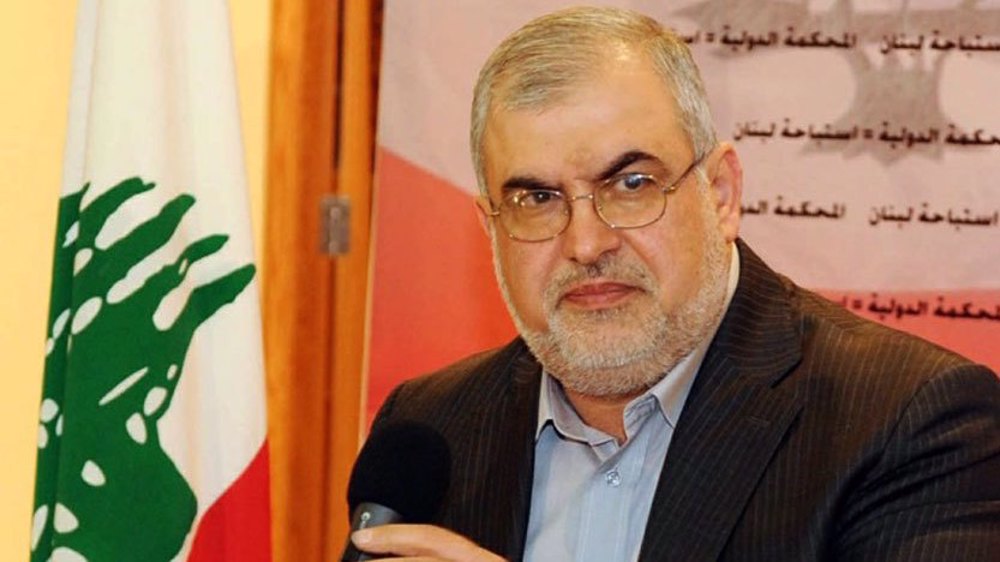
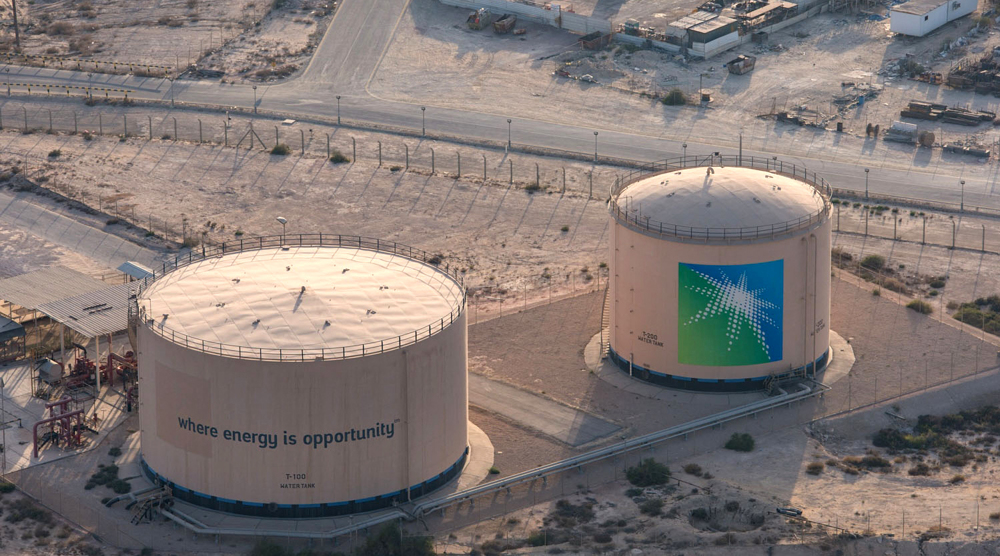
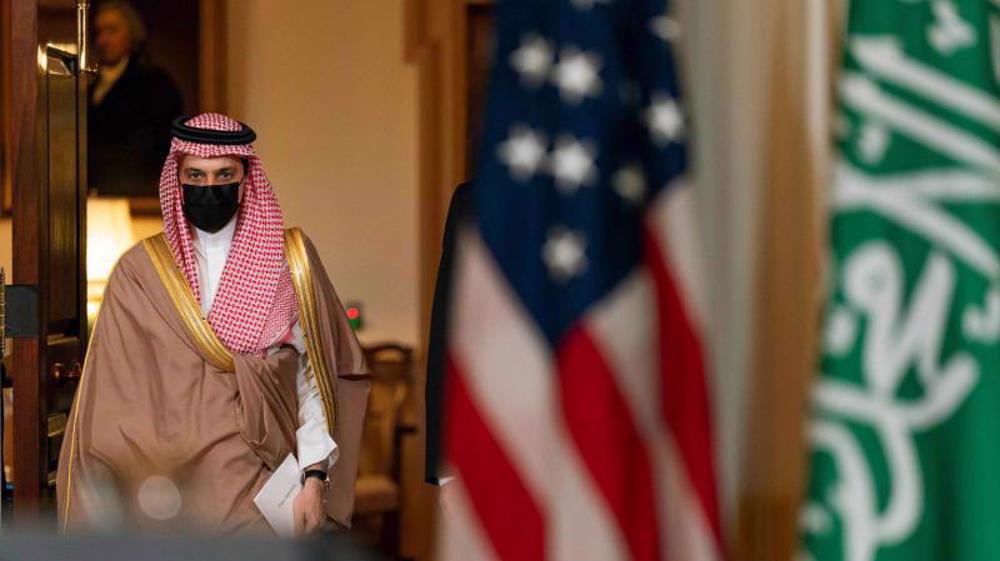

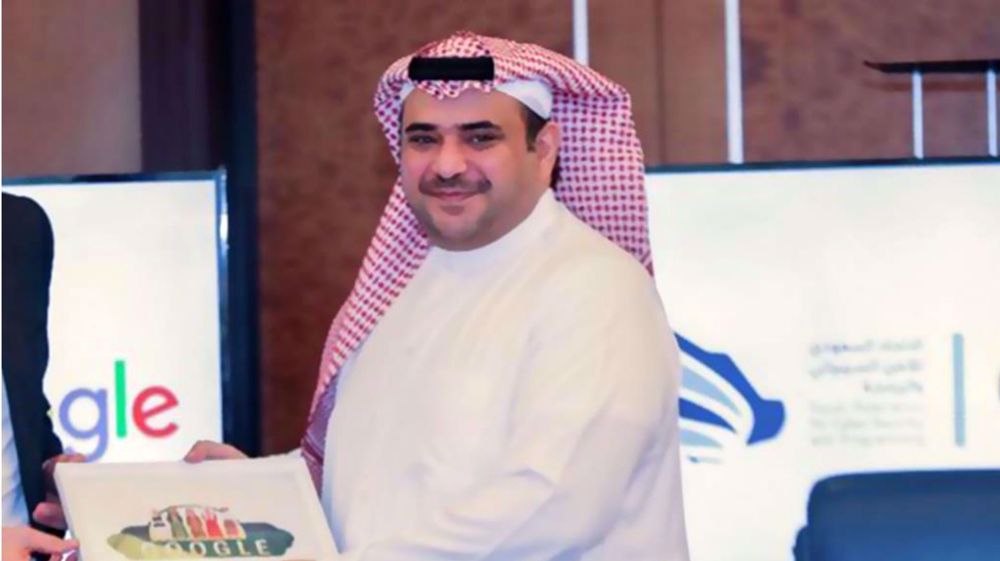
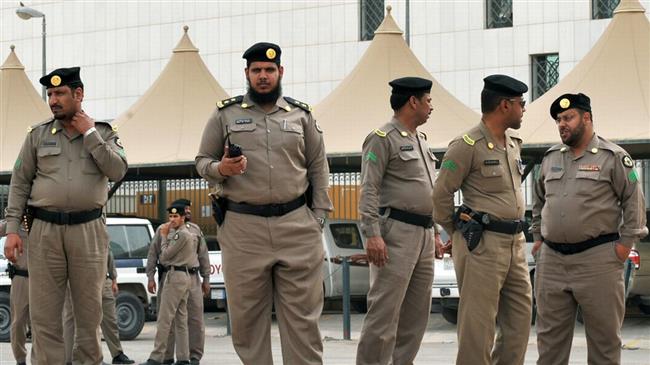

 This makes it easy to access the Press TV website
This makes it easy to access the Press TV website